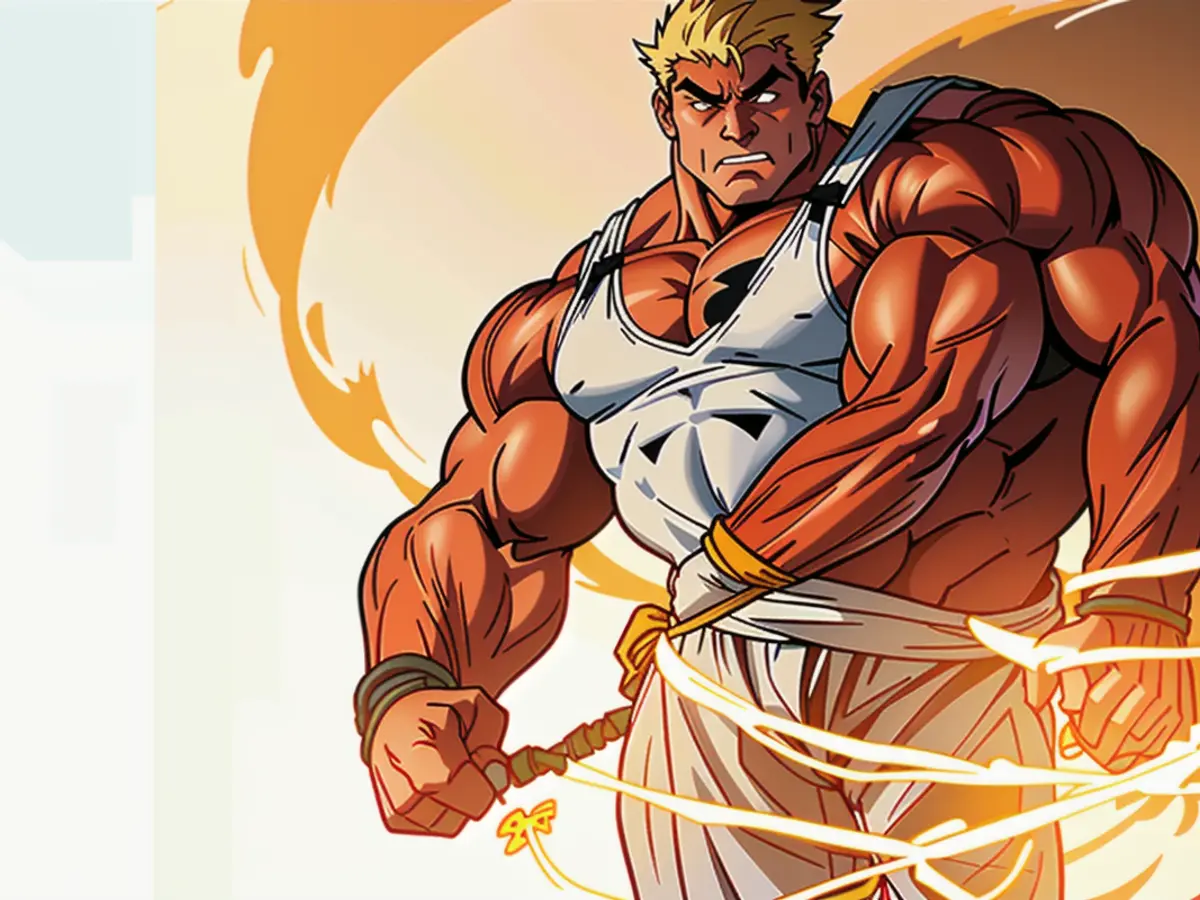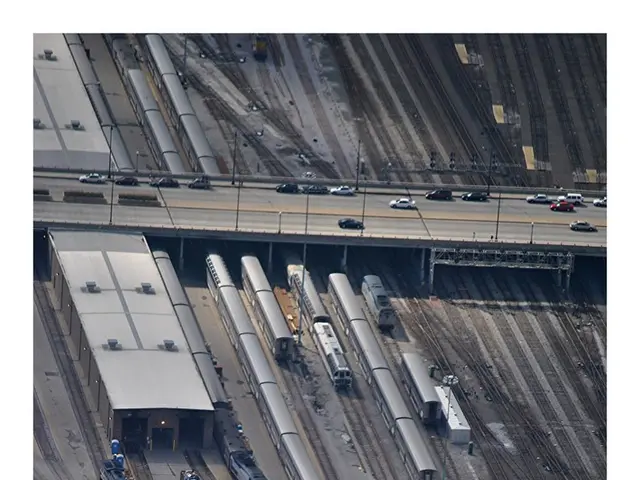Situations Where It's Inadvisable to Rely on Extension Cords
In a world driven by electricity, dealing with a remotely placed outlet can be a pain. While an extension cord seems like a quick fix, there are instances when using one isn't advisable. Despite their usefulness, extension cords have their limits, and misusing them could lead to safety concerns. No matter how pressing the need, it's essential to know when to steer clear of extension cords to safeguard your home, possessions, and most crucially, yourself. We got insights from electricians who shared various scenarios where extension cords should be strictly avoided.
- Daniel Mock, the vice president of operations at Mister Sparky Electricians
- Joel Worthington, the president of Mr. Electric, a Neighborly company
10 Scenarios Where Extension Cords Should Be Avoided## 1. Substitute for Permanent WiringDo not confuse an extension cord with a long-term replacement for permanent wiring. "Over time, extension cords can wear down, overheat, and become a fire hazard," cautions Joel Worthington, president of Mr. Electric. If you must continue using an extension cord in any given situation, regularly replace it as a precaution.
2. Behind Walls
While it's tempting to hide your extension cords behind the drywall, it's not safe. "Don't use an extension cord behind walls," advises Worthington. "They can get disconnected and punctured by nails and screws, creating a fire risk."
3. Cooking Scenarios
Extension cords should generally be avoided when cooking, as kitchen appliances require more energy than these small cords can deliver. "Small kitchen appliances draw more power than their size suggests," says Daniel Mock, vice president of operations at Mister Sparky Electricians. "Toasters in particular use internal wiring that heats up quickly, which can easily overload an extension cord."
Additionally, slow cookers should always be plugged directly into the wall. "Slow cookers and hot plates require a steady, long-term power supply. Extension cords are typically not rated for prolonged use and can overheat under continuous load," warns Worthington.
4. In Wet or Damp Areas
This one may seem obvious, but extension cords pose a serious safety hazard when used in an area with significant moisture. "Extension cords shouldn't be used in wet or damp areas like bathrooms, basements, or outdoors (unless rated for outdoor use)," says Worthington. "Moisture can increase the risk of electrical shock or short circuit," he says.
5. Multiple Devices
Plugging multiple devices into one extension cord is a big no-no, especially if they require a lot of power. "Don't plug multiple high-powered devices into the same cord," says Worthington. "Devices like computers, printers, and TVs plugged into one cord can exceed its capacity and cause overheating." This can lead to circuit overloads and the potential for fires. At a minimum, it can cause the extension cord to overheat and damage both the items and the cord itself, warns Mock.
6. Hair Styling Tools
For all their might, extension cords are not suitable for powerful beauty appliances. "Hair styling tools like hair dryers or curling irons need a large, quick draw of power to generate heat," explains Mock. "An extension cord might not support this load." What's more, these tools are often used in the bathroom, increasing the risk of exposing the extension cord to water.
7. Under Rugs, Carpets, or Furniture
To keep extension cords out of sight, you might be tempted to hide them under your rug, carpet, or couch. However, this is not a safe option. "Covering the extension cord traps heat and can damage the insulation," says Worthington. "Walking on and placing furniture on the cord can cause the cord to crack or fray, increasing the risk of short circuits or fires."
8. Major Appliances
Avoid using extension cords when plugging in major appliances, like refrigerators, microwaves, and space heaters. "High-wattage appliances draw more power than extension cords are typically rated for," says Worthington. He recommends plugging these types of appliances directly into a wall outlet.
9. Damaged Cords
Don't use an extension cord that has visible signs of damage, including frayed wires, cracked insulation, or loose plugs, says Worthington. "This can create shock, short circuits, and pose a fire hazard," he says. Without exception, damaged cords should be discarded and replaced.
10. Electric Bikes or Scooters
It's crucial to avoid an extension cord when plugging in electric bikes or scooters. Instead, use a manufacturer-approved charger for these items and plug them directly into a wall unit. "Many extension cords don't provide the power some of these e-bikes and scooters need to charge properly, and if used incorrectly, it could cause the extension cord to overheat and cause a fire," warns Mock.
11. Improperly Rated Cords for Outdoor Use
Extension cords should only be used for their intended and rated purposes. "Using a lightweight, indoor-rated extension cord for a heavy-duty outdoor job can lead to failure," says Worthington. "Always match the cord's amperage rating to the device, and use cords certified for the appropriate job."
Outdoor use ratings are noted on the packaging for new extension cords. They might even be printed right on the cord jacket, designated by the letter W. "If you see the letter S instead, you know that the cord is rated for general use," says Mock.
12. Daisy Chaining or Connecting Power Across the House
Do not use multiple extension cords to span a long distance. "Daisy chaining, or plugging one extension cord into another, should be avoided, as this can increase resistance and overheating risk," says Worthington. Use a longer extension cord instead.
13. Overly Long Cords
Sometimes an extension cord may be too long for your needs. If this is the case, swap it out for a shorter cord that is the correct length for the job at hand. "Every extension cord is designed for a specific distance and amount of electricity," says Mock. Coiling a long extension cord can melt the insulation, posing a fire risk.
- Joel Worthington, president of Mr. Electric, recommends not using extension cords as a long-term replacement for permanent wiring, as they can overheat and become a fire hazard over time.
- Martha Stewart, a home lifestyle expert, would advise against hiding extension cords behind drywall, as they can get disconnected and punctured by nails and screws, creating a fire risk.
- Daniel Mock, vice president of operations at Mister Sparky Electricians, cautions against using extension cords in the kitchen, as kitchen appliances require more energy than these small cords can deliver.
- Worthington also warns against using extension cords in wet or damp areas, such as bathrooms, basements, or outdoors, as moisture can increase the risk of electrical shock or short circuit.
- In the realm of home-and-garden technology, it's essential to avoid plugging multiple high-powered devices (like computers, printers, and TVs) into one extension cord, as this can exceed the cord's capacity and cause overheating.








